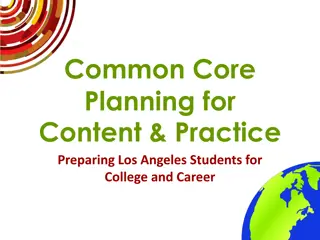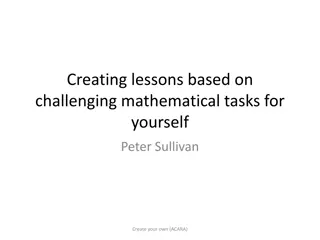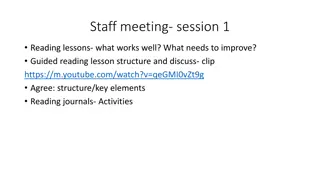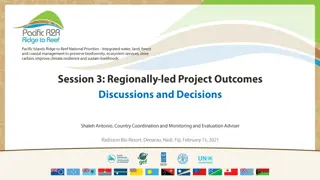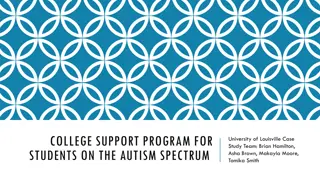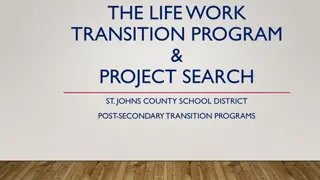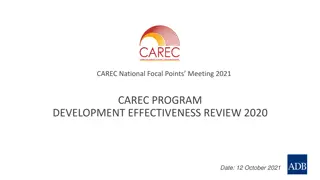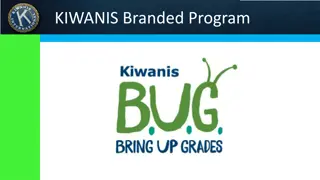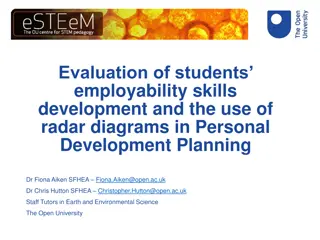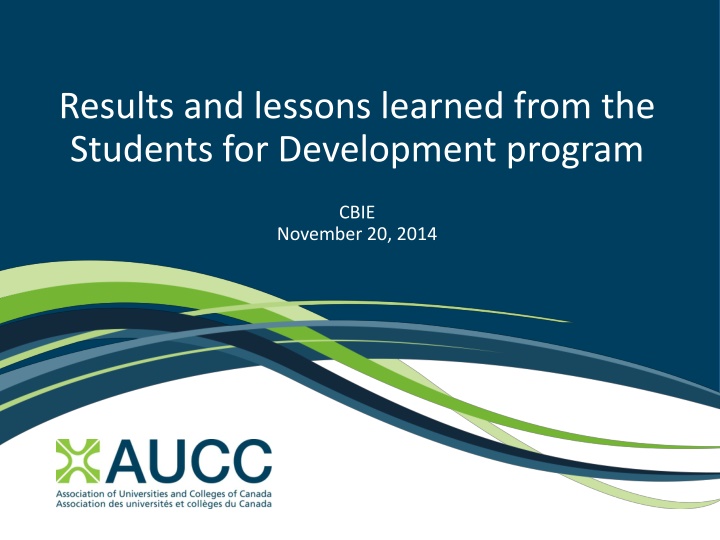
Results and Lessons from Students for Development Program
Impactful insights and outcomes from the Students for Development program held on November 20, 2014. The analysis covers the impact on interns, contributions to development, and lessons learned for designing new programs. It delves into the skill sets developed, global fluency, leadership, employment statistics, and contributions to the host organizations.
Download Presentation

Please find below an Image/Link to download the presentation.
The content on the website is provided AS IS for your information and personal use only. It may not be sold, licensed, or shared on other websites without obtaining consent from the author. If you encounter any issues during the download, it is possible that the publisher has removed the file from their server.
You are allowed to download the files provided on this website for personal or commercial use, subject to the condition that they are used lawfully. All files are the property of their respective owners.
The content on the website is provided AS IS for your information and personal use only. It may not be sold, licensed, or shared on other websites without obtaining consent from the author.
E N D
Presentation Transcript
Results and lessons learned from the Students for Development program CBIE November 20, 2014
Overview 1.Impact on interns 2.Contributions to development 3.Lessons for designing new programs
Impact on interns Skill sets 98% agreed (64% strongly) that the internship enabled them to develop skills from which they continue to benefit. Top skills developed during internships (301) 85% Personal skills 78% Communication and networking skills 69% Planning and organizational skills 65% Research skills 54% Technical/career related skills 45% Language skills Top skill sets developed
Impact on interns Global fluency and leadership 96% agreed (63% strongly) that their internship enabled them to become more open and tolerant to other cultures. 96% agreed (49% strongly) that the internship had increased their ability and confidence to function in our increasingly interdependent world. 72% agreed (37% strongly) that their internship enabled them to establish professional connections which they continue to maintain.
Impact on interns EMPLOYMENT (301 alumni) Employed (147) Still students (133) THE INTERNSHIP HELPED ME/WILL HELP ME: Secure employment 81% 90% Find a job related to my field of study 66% 85% Obtain an international career 63% 90% Obtain a job in international development 52% 82%
Contributions to development Hosts The intern was able to make a positive contribution to the needs of our organization. (952) (on last day of internship): Disagree Agree Strongly agree 17% 82% 1% Interns I was able to make a positive contribution to the needs of the host organization. (on last day of internship - 952): Disagree Agree Strongly agree 3% 25% 72% (alumni survey 301): Strongly disagree Disagree Agree Strongly agree 3% 6% 58% 34%
Contributions to development Hosts said interns helped them: Conduct research and develop policy reports and articles Develop databases, websites and other IT tools Organize and deliver workshops and training Connect with other organizations domestically and internationally Obtain new sources of funding and materials Gain new perspectives on their work
Contributions to development Alumni continuing to promote awareness and support for development by: 77% Sharing internship experience with others Volunteering with NGOs working in development 39% Participating in fundraising activities for agencies working in development 37% 22% Other 9% Not active in this area
Lessons statistical analysis Factors that affect development outcomes: intern s age intern s level of study intern s gender No effect on development outcomes: calendar year of internship intern s academic program intern s satisfaction with preparation
Lessons for program design Internships should be part of long-term partnerships projects North-South partnerships are stronger when based on ongoing research, teaching and social engagement Emphasize two-way flows of students and connect students in Canada and the global South Encourage students from all programs and levels to participate Provide funding and flexible programs where possible Foster clearcommunications and manage expectations Track outcomes over long term to demonstrate results
Thank you! Merci! For more information please contact: Philip Landon plandon@aucc.ca Claire Millington cmillington@aucc.ca
Questions 1. What are the perceptions on your campus of North- South student mobility? (Do you offer such programs, how are they rationalized?) 2. Share a really successful North-South student mobility experience. What factors contributed to the success? 3. What information/research could help your institution deliver better North-South mobility programs?

